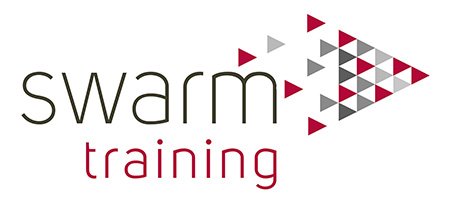Cultivating Workplace Happiness
Cultivating Happiness
"Happiness is not a goal... it's a by-product of a life well lived."
Eleanor Roosevelt
The 2024 World Happiness Report has unveiled Finland as home to the happiest people, followed by Denmark. Notably all five Nordic countries are in the top ten). This is hardly surprising when we consider how much emphasis the Nordic nations place on outdoor living, environmental stewardship, family time, and the pursuit of work life balance. Denmark has a high level of equality in society and a sense of shared responsibility for social welfare; factors which, according to the report contribute to happiness all across the world. It’s no wonder they have a word for encapsulating that wonderful cosy feeling of togetherness: Hygge.
A recent visit to Sweden, ranked 5 in the world happiness index, left a profound impression on me. Stockholm’s exceptional cleanliness demonstrates a clear sense of community and respect for the surroundings. Family time is non-negotiable, and binge drinking is a scarcity. Instead, friends gather around cafes for leisurely breaks of coffee and cake. Caffeine is not merely a pick-me-up to get through the daily grind, but a way of life. ‘Fika’ culture is evident on each street corner. A word we would struggle to translate directly into English, fika means slowing down and savouring the moment – typically with a delicious cinnamon bun! Many Swedish corporations recognise the benefits, so make fika mandatory.
The report also sheds light on a worrying trend: whilst in most regions across the world, the young are happier than the old, youth happiness is in decline (especially in North America.)
According to the ‘5 Wells to Well-Being’ report by the New Economics Foundation, ‘Giving’ to others is a major contributor to happiness, a finding corroborated by the World Happiness Report.
The Covid pandemic led to an increase of people helping others in need, with those born after 1980 demonstrating the greatest benevolence.
We also know that social support and isolation can play a critical role in our happiness. As societal structures evolve, with more nuclear families and geopgraphic mobility becoming commonplace, the support network for older generations has diminished, and with it, social connection.
Just as nations that pioritise welbeing achieve higher levels of happiness, it follows that organisations that support their employees' well-being maintain a happier workforce.
Ways to achieve this include:
- Fostering a sense of equality and inclusion
- Offering flexible working arrangements
- Providing well-being support programmes
- Celebrating employees contribution with recognition awards
- Offering career progression and upskilling opportunities
At Swarm, we provide Personal Development workshops, encouraging apprentices to take ownership of their own health and well-being. Embarking on a new course, and in many cases, a new job at the same time can induce stress and anxiety, so it’s important to have coping strategies in place.
Employers can support their apprentices by:
- Sharing resources for those who appear to be struggling: Mind offers useful Mindfulness and Meditation techniques.
- Check in regularly with apprentices. Enquire about their course and if they can manage their workload.
- Implementing a buddy or mentoring programme for new employees.
- Set goals and acknowledge achievements.
- Attend Progress Review meetings with your apprentice and training provider to keep up to date with any areas of concern.
- Increase support around the time of their End Point Assessment. This can be a stressful time for apprentices, especially as they are balancing their daily work with assessment preparation.
If you feel your apprentice needs extra support, the Mental Health Support Service (MHSS) is a free, confidential and non-clinical service delivered by Maximus, and funded by the Department for Work and Pensions. It’s objective is to support apprentices in work.
If you require any further details please call the Maximus team on 0300 456 8114 or visit https://atw.maximusuk.co.uk/ or email atw@maximusuk.co.uk

